Find Help
More Items From Ergsy search
-
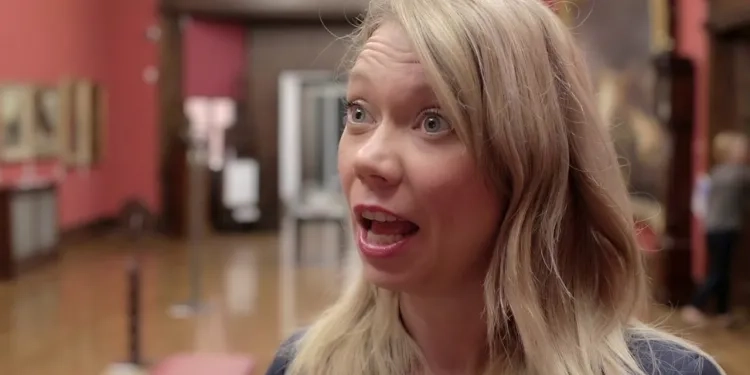
Social Prescribing
Relevance: 100%
-
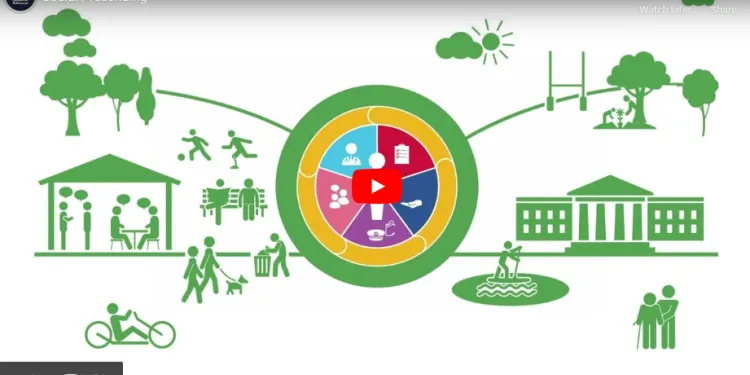
Social Prescribing
Relevance: 100%
-
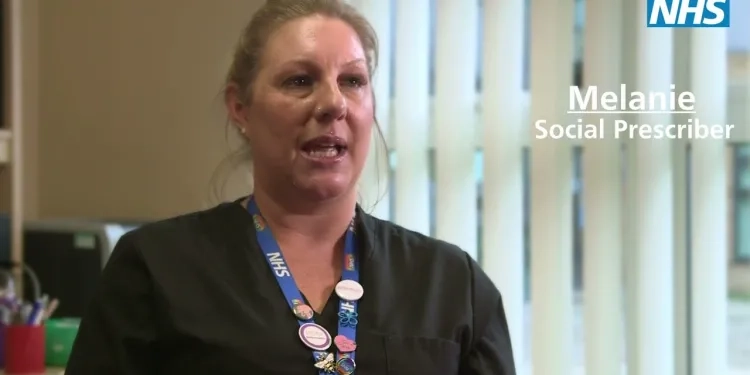
What is a social prescriber?
Relevance: 94%
-
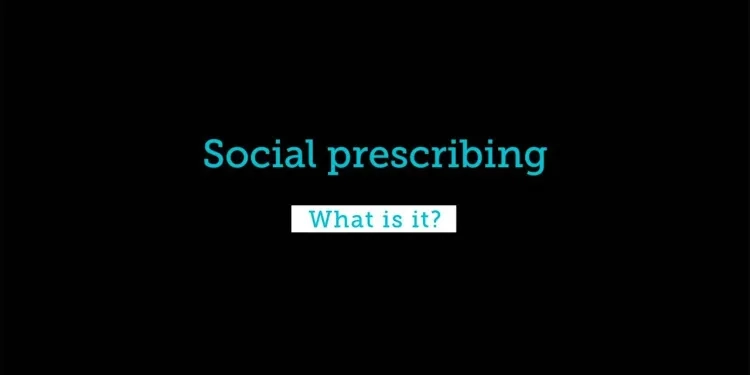
Social prescribing – what is it?
Relevance: 94%
-
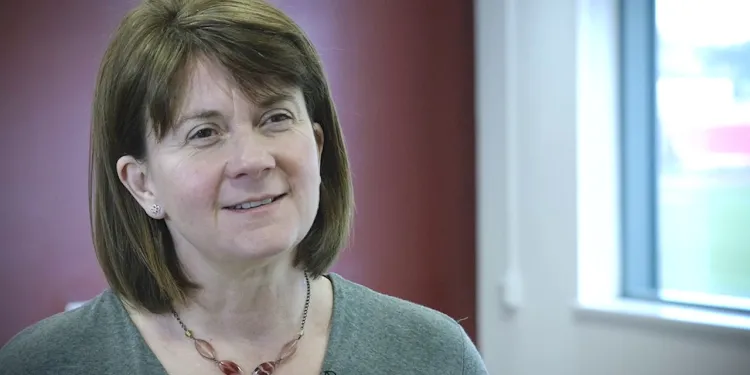
Social prescribing in practice: supporting social prescribing link workers
Relevance: 94%
-
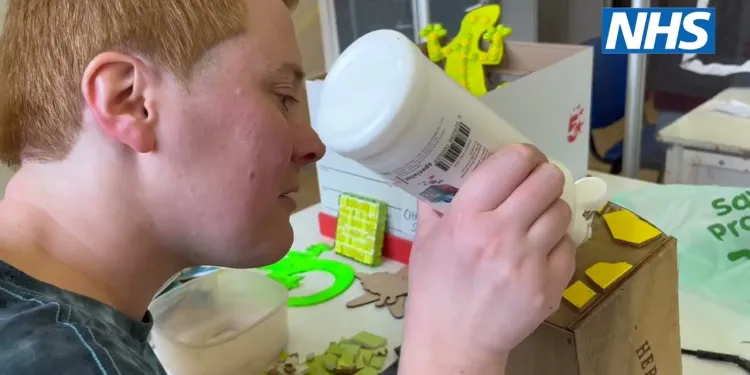
Social Prescribing in Greater Manchester
Relevance: 89%
-
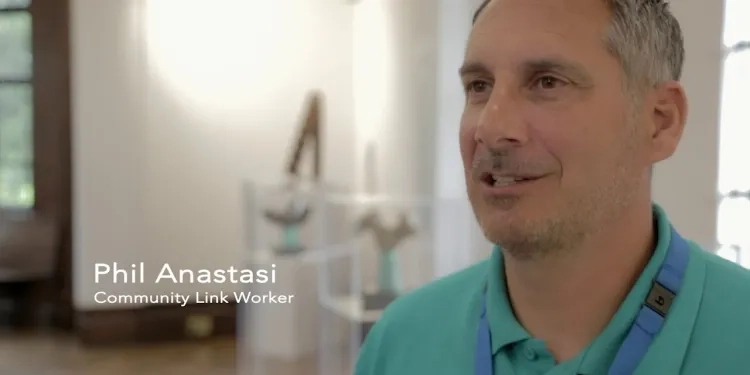
Introducing Social Prescribing - short video
Relevance: 86%
-
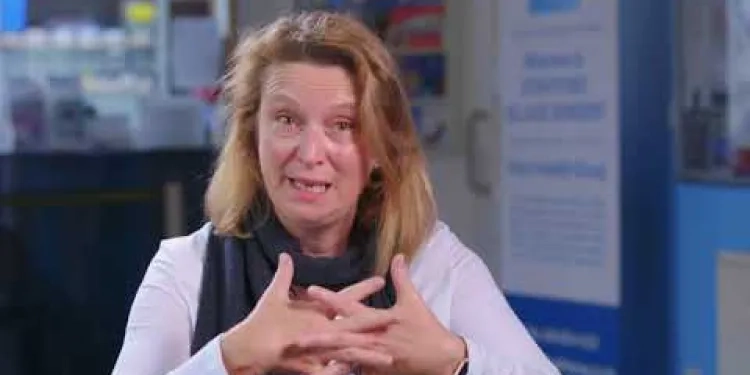
Social prescribing in south east London
Relevance: 85%
-
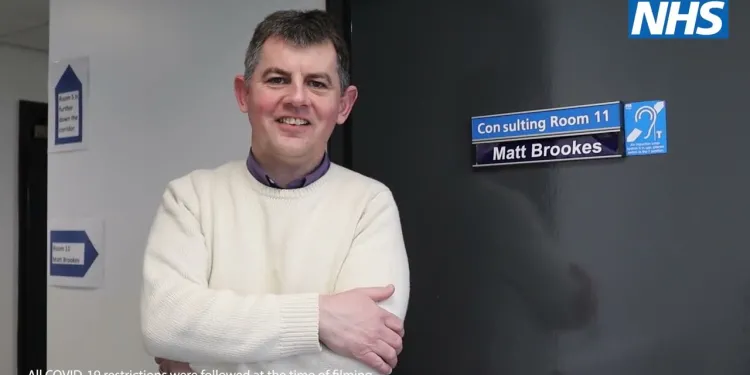
What is a social prescriber, and how do they support general practice?
Relevance: 78%
-
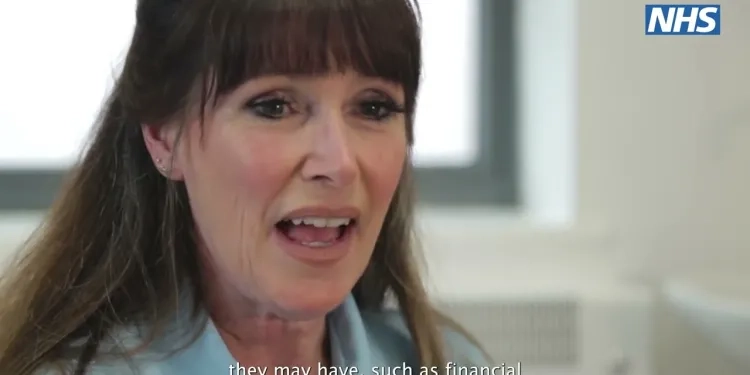
How can a Social Prescribing Link Worker help you? #MeetYourGPTeam
Relevance: 73%
-
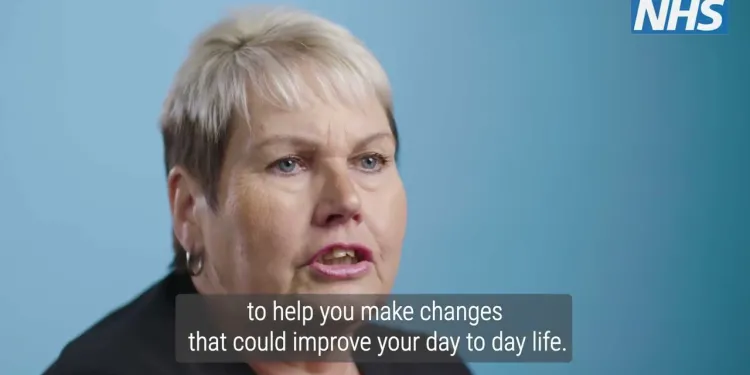
Social Prescribing Link Workers are part of new health and wellbeing services in NHS surgeries
Relevance: 69%
-

Do chiropractors prescribe medications?
Relevance: 50%
-
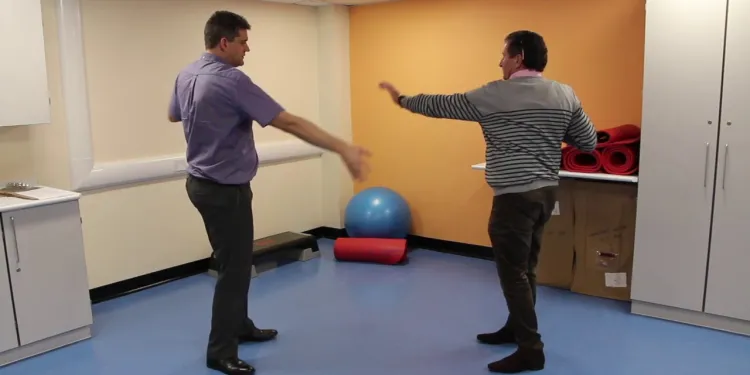
Sean's Story - There is another way. Information for prescribers
Relevance: 45%
-
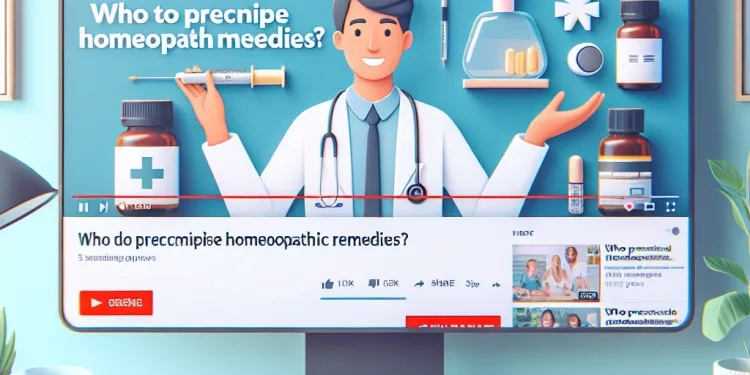
Who can prescribe homeopathic remedies?
Relevance: 45%
-
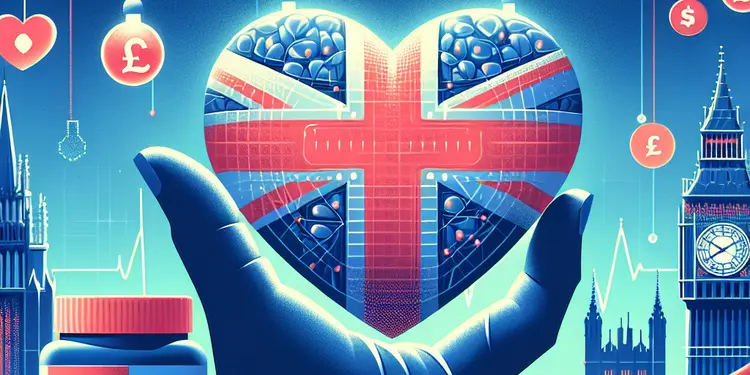
What medications are commonly prescribed for heart failure?
Relevance: 42%
-
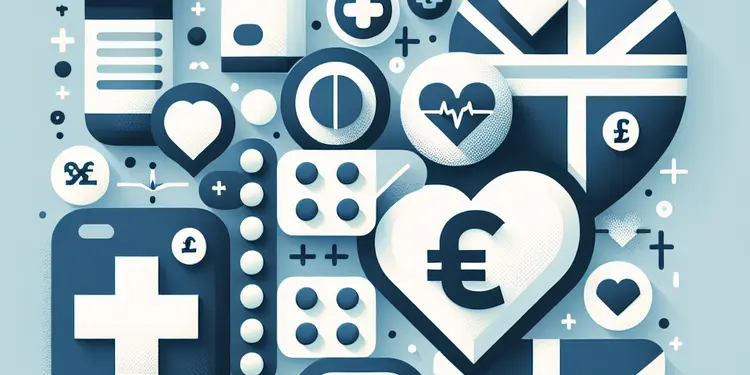
What drugs are commonly prescribed to reduce the risk of heart attacks?
Relevance: 40%
-
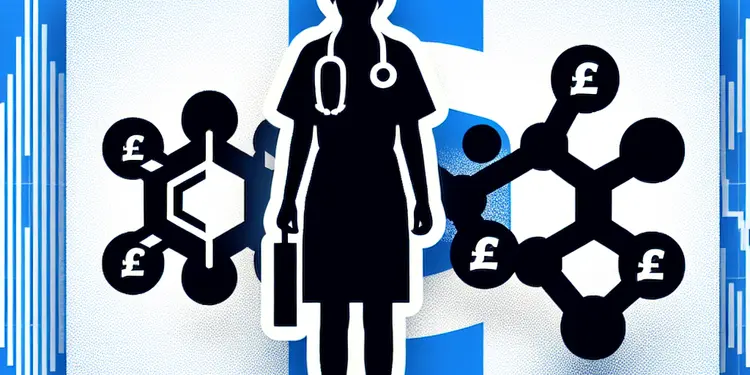
Can ketamine be prescribed for mental health conditions?
Relevance: 37%
-
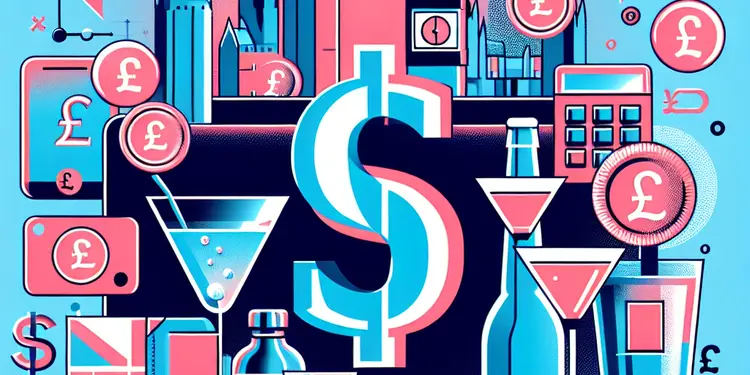
What are the social consequences of binge drinking?
Relevance: 37%
-
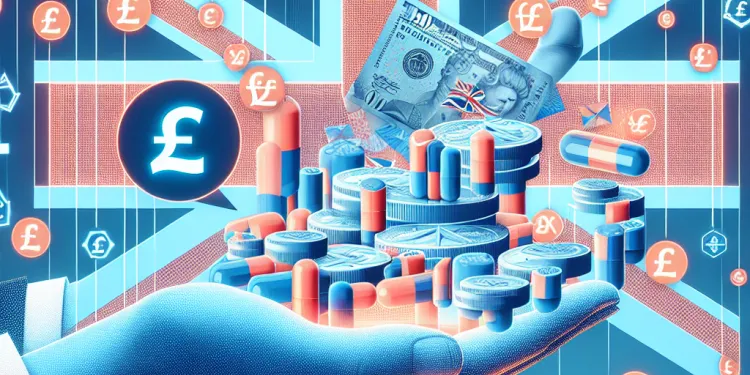
Who might be prescribed Baxdrostat?
Relevance: 37%
-
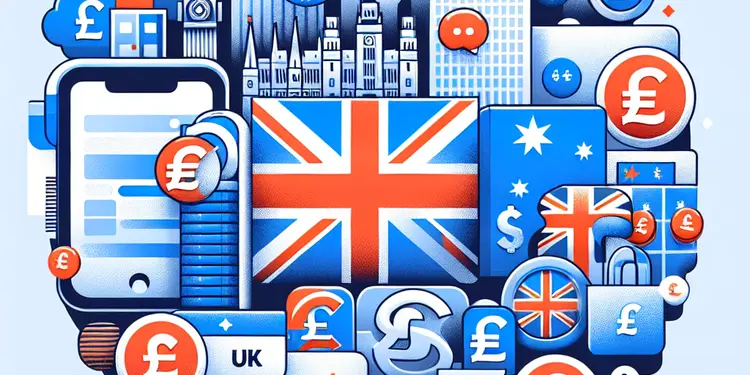
Is there public support for the social media ban in Australia?
Relevance: 35%
-

Submitted Addressing Social Inequalities: Initiatives and Challenges in the UK
Relevance: 35%
-
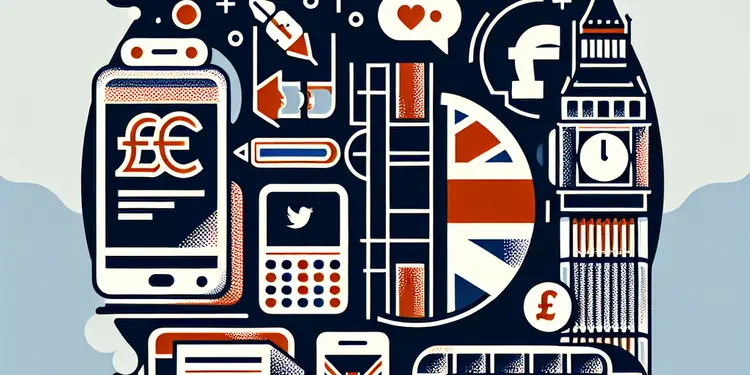
Are there any criticisms of the social media ban for children?
Relevance: 35%
-
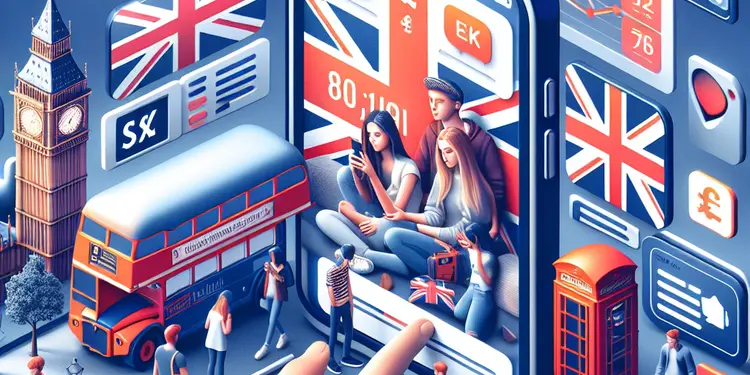
Is the UK introducing a Social Media ban for under 16's?
Relevance: 35%
-
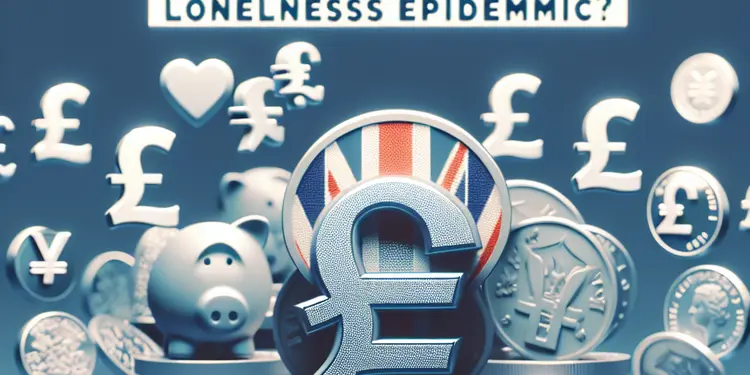
How does social media contribute to the loneliness epidemic?
Relevance: 34%
-
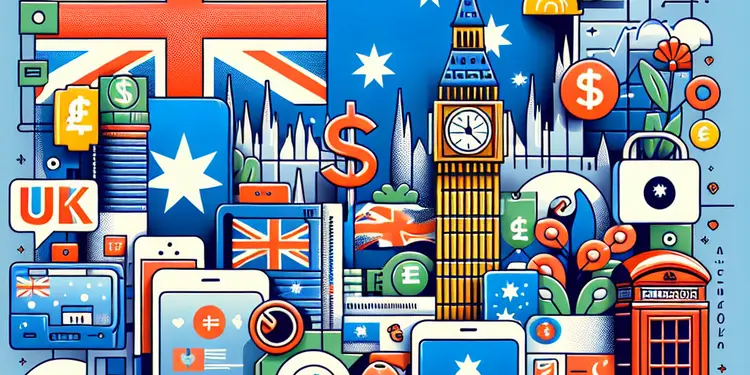
What is the social media ban for children in Australia?
Relevance: 34%
-
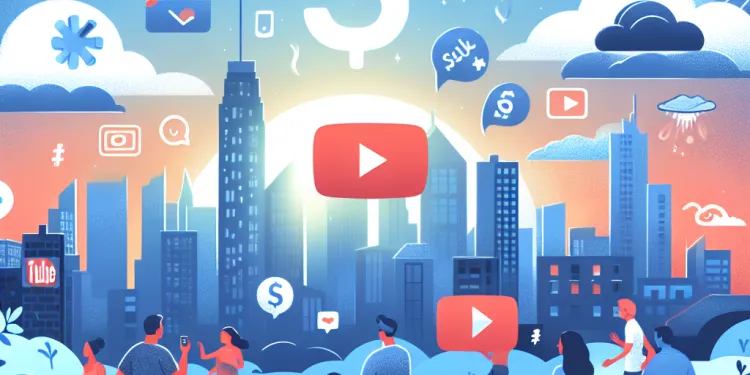
Strategies for Reducing Loneliness and Social Isolation in Urban Areas
Relevance: 34%
-
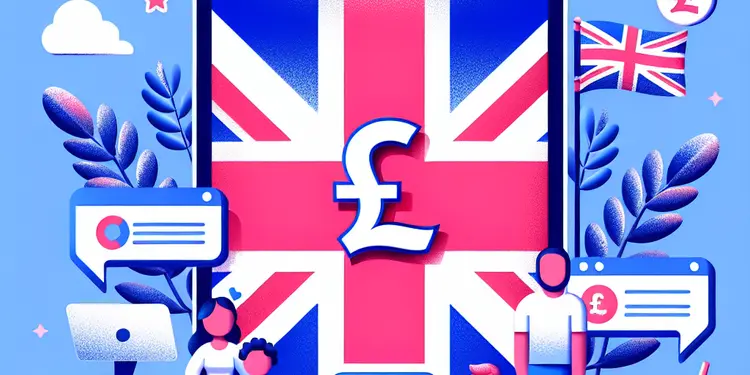
What role do parents play in the social media ban?
Relevance: 34%
-
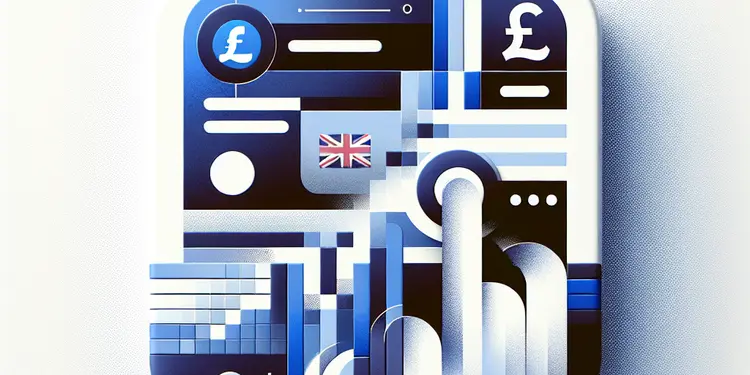
Who is pushing for a social media ban for under 16s in the UK?
Relevance: 34%
-

Why are there unfamiliar apps connected to my social media account?
Relevance: 34%
-
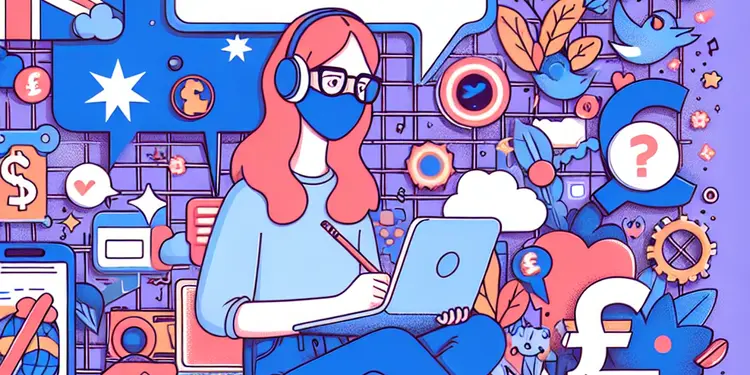
Why was the social media ban for children implemented in Australia?
Relevance: 34%
-
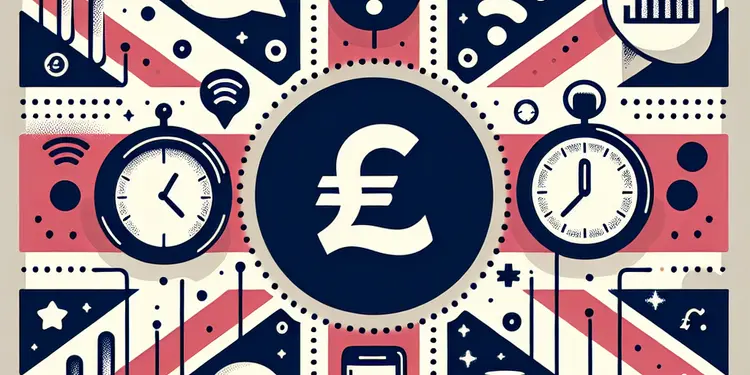
What future changes are anticipated for the social media ban?
Relevance: 33%
-
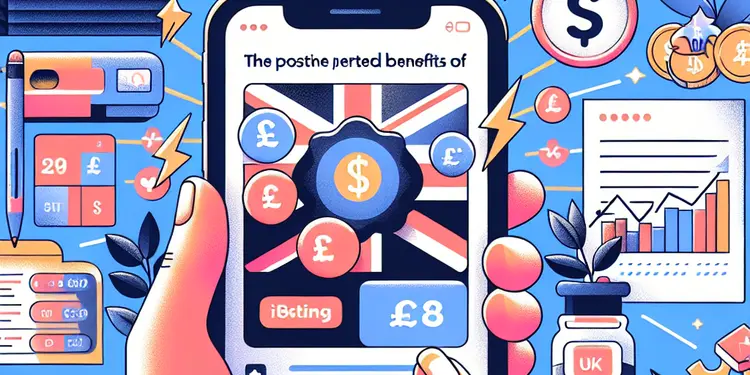
Have there been any reported benefits of the social media ban?
Relevance: 33%
-
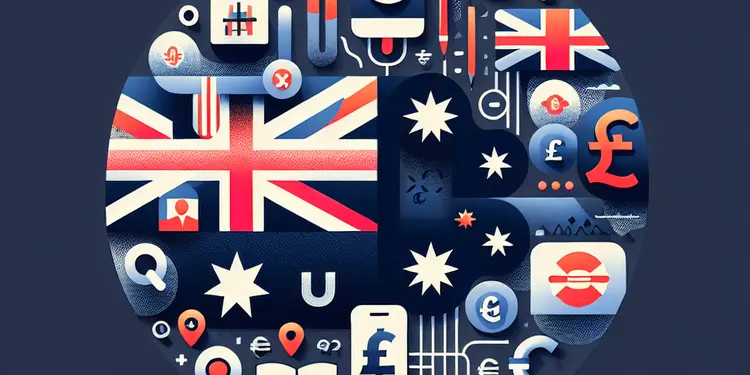
Is there any international interest in Australia's social media ban?
Relevance: 33%
-
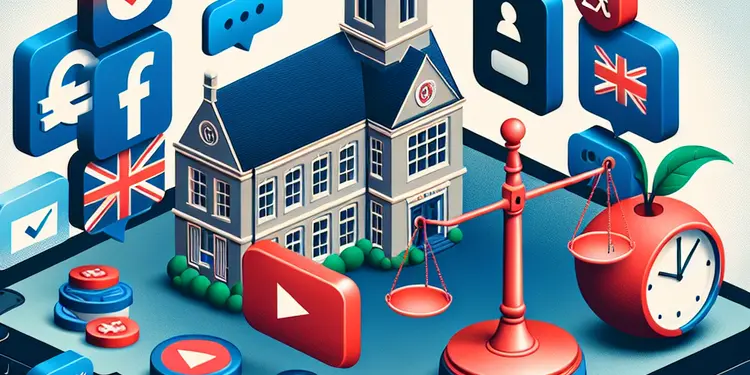
What role do schools play in supporting the social media ban?
Relevance: 33%
-
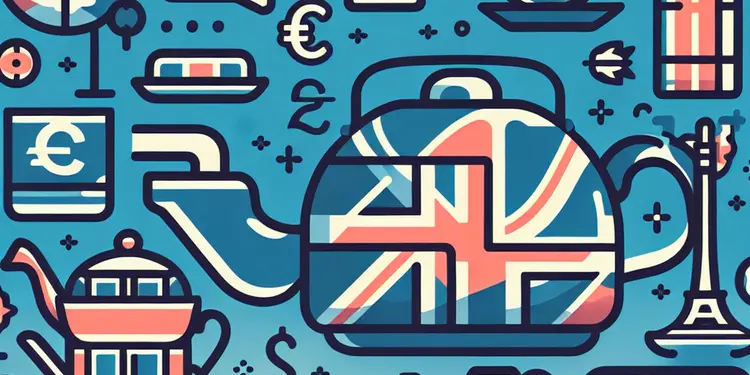
How has the social media industry reacted to the ban?
Relevance: 33%
-
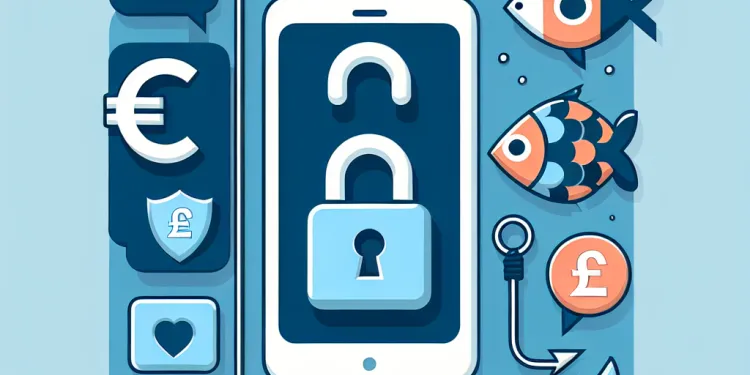
How can phishing attacks lead to social media hacks?
Relevance: 33%
-

Is the UK planning to introduce a social media ban for those under 16?
Relevance: 33%
-
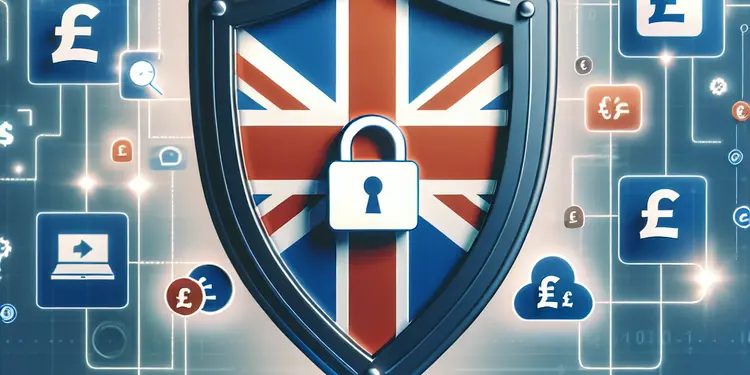
Can scammers access my information through social media?
Relevance: 33%
-
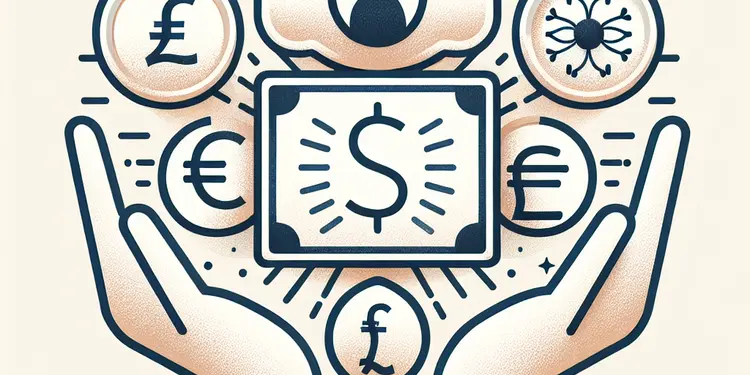
What is Social Security and how can seniors benefit from it?
Relevance: 33%
-

What challenges have been encountered with the social media ban?
Relevance: 33%
Social Prescribing: Enhancing Well-being Through Community Engagement
Introduction to Social Prescribing
Social prescribing is an innovative approach in healthcare that aims to improve individuals' well-being by connecting them with non-medical resources and community services. In the United Kingdom, this person-centered strategy complements traditional medical treatments by recognizing the significant impact of social determinants on health. By addressing these determinants, social prescribing helps to reduce the burden on the NHS and encourages holistic care practices.How Social Prescribing Works
Social prescribing involves healthcare professionals, such as GPs or nurses, referring patients to a Social Prescribing Link Worker (SPLW). SPLWs work closely with individuals to identify their needs and preferences and connect them with appropriate community services. These services can range from volunteering opportunities, arts and leisure activities, physical exercise groups, to support for housing and financial advice.Benefits of Social Prescribing
Social prescribing offers numerous benefits, including improved mental health and well-being, reduced social isolation, and enhanced self-management of chronic conditions. By fostering community engagement and social connections, it supports overall quality of life and can lead to reduced healthcare costs. Additionally, it empowers individuals to take an active role in their health and recovery journey.Implementation in the UK
In the UK, social prescribing has gained significant momentum, with NHS England promoting it as part of the NHS Long Term Plan. Primary Care Networks (PCNs) have started to employ Link Workers to facilitate the integration of social prescribing into general practice. Moreover, various funding initiatives and collaborations between healthcare providers and the voluntary sector have been established to support this approach.Challenges and Future Directions
Despite its benefits, social prescribing faces challenges such as inconsistent funding, variable access to services across regions, and the need for robust evaluation measures. Addressing these challenges requires continued investment, training for SPLWs, and the development of standardized outcomes metrics. The future of social prescribing in the UK looks promising, with ongoing efforts to embed it within the health and social care systems and expand its reach to more communities. By leveraging the strengths of community-based resources, social prescribing holds the potential to transform the landscape of health and well-being in the UK.Social Prescribing: Feeling Better with Community Help
What is Social Prescribing?
Social prescribing is a way to help people feel better by connecting them with local activities and services. In the UK, it helps doctors and nurses give more complete care by recognizing that things like friendships and hobbies can affect our health. This approach can also help lessen the load on hospitals and doctors.How Does Social Prescribing Work?
Doctors or nurses can suggest that someone talks to a special helper called a Social Prescribing Link Worker (SPLW). The SPLW listens to what the person needs and likes and then suggests community activities. These might include clubs for hobbies, fun group exercises, volunteer work, or advice on money and housing.Why is Social Prescribing Good?
Social prescribing has many good effects, like making mental health better, helping people feel less lonely, and managing long-term health problems. By bringing people together and helping them join in with local groups, it can also make healthcare less costly. It gives people the power to take charge of their health.Social Prescribing in the UK
In the UK, social prescribing is being used more and more. It's part of a big plan to make the NHS work better and help people in new ways. GP practices now work with Link Workers to bring social prescribing into regular healthcare. Extra money and partnerships help make these services possible.Challenges and the Future
Social prescribing is helpful but has some problems. These include not enough money, varying service quality in different places, and a need for better ways to measure success. To fix these issues, more support and training are needed for SPLWs, along with better ways to track how well it's working. The future for social prescribing looks bright, with plans to make it a steady part of health and community care all over the UK. Community-based resources, like fun activities and local services, can greatly improve health and happiness in the UK.Frequently Asked Questions
What is social prescribing?
Social prescribing is a way for health professionals to refer patients to non-medical services to support their health and wellbeing. This can include activities like group exercise classes, arts and cultural activities, and volunteering opportunities.
Who can benefit from social prescribing?
Social prescribing can benefit anyone who needs support with their health and wellbeing, especially those with long-term conditions, mental health issues, social isolation, or complex social needs.
How does social prescribing work?
Social prescribing works by linking patients with a 'link worker' or 'community navigator' who helps them find and access local non-clinical services and support to improve their wellbeing.
Who are link workers?
Link workers, also known as community navigators, are trained professionals who work with individuals to understand their needs, goals, and interests. They help connect people to appropriate community services and support.
Do I need a referral to access social prescribing?
In most cases, a referral from your GP or another healthcare professional is needed to access social prescribing services. However, some areas may accept self-referrals or referrals from other community organisations.
Is social prescribing available on the NHS?
Yes, social prescribing is increasingly being integrated into the NHS in the UK, and many GP practices now offer social prescribing services as part of their care.
What types of services can I access through social prescribing?
Services available through social prescribing vary by location but can include fitness classes, arts and crafts groups, gardening projects, social clubs, befriending services, and more.
Is there a cost for social prescribing services?
Many services accessed through social prescribing are free or low-cost, depending on the specific activity or support being offered.
How can social prescribing improve my health?
Social prescribing can improve health by addressing social, emotional, and practical needs. It can help reduce feelings of isolation, improve mental health, increase physical activity, and promote a greater sense of wellbeing.
What evidence supports social prescribing?
Research shows that social prescribing can lead to improvements in health and wellbeing, reduce demand on healthcare services, and enhance community cohesion.
How long does it take to see benefits from social prescribing?
The time it takes to see benefits from social prescribing varies by individual and the type of support accessed. Some people may notice improvements within weeks, while others may take longer.
Can children and young people use social prescribing?
Yes, social prescribing can benefit people of all ages, including children and young people, by connecting them to activities and services that support their development and wellbeing.
How do I find out if social prescribing is available in my area?
You can ask your GP or healthcare professional if social prescribing is available in your area. Additionally, local community centres and council websites may provide information on available services.
Can social prescribing help with mental health issues?
Yes, social prescribing can greatly assist those with mental health issues by providing access to community resources, such as support groups, counselling, arts therapies, and exercise programmes that promote mental wellbeing.
What role do community organisations play in social prescribing?
Community organisations play a crucial role in social prescribing by providing the activities, resources, and support services that individuals are referred to. They help create a network of care that extends beyond the healthcare system.
What is social prescribing?
Social prescribing is a way to help people feel better. Sometimes, talking to a doctor is not enough. Social prescribing can help.
A doctor or nurse might suggest other activities to help you. These can be things like joining a group, exercising, or doing something creative.
This can make you feel happy and healthy. It is about finding new ways to support you.
If reading is hard, try using:
- Audio books
- Reading apps
- Ask someone to read with you
Social prescribing is when doctors and nurses help people find activities that can make them feel better. These activities are not like medicine. They can include things like exercise classes, art activities, and helping other people by volunteering.
Who can feel better with social prescribing?
Social prescribing can help people feel better. It is good for those who need support for their health. This might be people with long-term illnesses, mental health problems, or who feel lonely. It is also for people who need extra help in their lives.
How does social prescribing work?
Social prescribing is a way to help people feel better by doing activities they like. A doctor or nurse can ask someone to help you find these activities. This person is called a social prescriber. They will talk to you about what you enjoy and what you need.
Then, the social prescriber can help you join groups or activities, like art classes, walking groups, or sports teams. This can help you make friends and feel happier.
If you find reading hard, ask someone you trust to read with you. You can also use audiobooks or videos to learn more.
Social prescribing helps people feel better. It works like this: a person called a 'link worker' or 'community navigator' talks to you. They help you find local groups and services that are not doctors or hospitals. These groups can help you feel happier and healthier.
Who are link workers?
Link workers are people who help you. They listen to your problems. They help you find support. This can be things like a club or a group. They work with doctors to help you feel better.
If you need help to read this, try asking someone to read it with you. You can also use tools that read the text out loud, like a screen reader.
Link workers, also called community navigators, are trained helpers. They talk to people to learn what they need and want. Then, they help find the right support in the community.
Do I need a referral to get help from social prescribing?
Social prescribing is a way to get support. It can help you feel better.
Sometimes, you might need a note from your doctor (this is called a referral) to get this help.
But, sometimes you can go directly to get help.
If you are not sure, you can ask someone, like a teacher, family member, or call a support line.
They can tell you what to do next.
Remember, it is okay to ask for help when you need it!
Most of the time, you need a letter from your doctor or health worker to use social prescribing services. But in some places, you can ask for help yourself or get help from other community groups.
Can the NHS help with social prescribing?
Yes, the NHS can help with social prescribing. This means they can give you support to do activities that are good for your health.
These activities can include things like exercise, joining clubs, or talking to someone if you feel lonely.
If you want to try social prescribing, you should talk to your doctor.
They can help you find the right activities.
You can also ask someone you trust to help you ask the doctor about this.
Yes, the NHS in the UK is using social prescribing more and more. Many doctors' offices now have social prescribing to help their patients.
What help can I get with social prescribing?
Social prescribing is a way to help you feel better. It's not just about medicine. Here's how it can help:
- Find fun activities to do.
- Join local groups to meet new people.
- Get support for your health.
- Learn new skills or hobbies.
- Talk to someone about your feelings.
You can ask your doctor or nurse about it. They can help you find the right activities or groups for you. You can also use helpful tools like pictures or videos to understand more.
Social prescribing helps people find activities they enjoy. The activities can be different depending on where you live. They might include exercise classes, art and craft groups, gardening, social clubs, and meeting new friends.
Do I have to pay for social prescribing services?
Many times, the services you can get through social prescribing do not cost money or are very cheap. This depends on what activity or help you choose.
How can choosing activities and support help me feel better?
Social prescribing is a way to help people feel better. It looks at social, emotional, and practical needs. It can help in different ways: it can make people feel less alone, make them happier, help them move more, and make them feel good.
Is social prescribing helpful?
Studies say that social prescribing can help people feel better and stay healthy. It can also mean that people do not need to visit the doctor as much. Social prescribing can also help people in a community get along better.
How long until social prescribing helps?
Social prescribing means getting help from groups or activities in your area.
It may take different times for each person to feel better.
Some people feel good in a few weeks.
For others, it might take longer, like a few months.
Be patient and keep going to the activities.
If you need help, talk to the person who helped you start.
They can find new groups or things to try.
How long it takes to feel better after trying social prescribing can be different for everyone. Some people might feel better in a few weeks. Other people might need more time.
Can children and young people get help from social prescribing?
Yes, social prescribing can help everyone, including children and young people. It connects them to activities and services that help them grow and feel good.
How can I check if I can get help from social prescribing where I live?
You can talk to your doctor to find out if social prescribing is available where you live. Community centres nearby and your local council's website might also have information about these services.
Can getting help in the community make us feel better?
Sometimes, seeing a doctor is not the only way to feel better. Joining activities in the community can also help. This is called social prescribing. It can be things like joining a club, getting advice, or learning something new.
If you sometimes feel sad or worried, social prescribing might help you. Talking to a nurse or a special helper can guide you to join these activities.
Some useful things you can try are:
- Join a local club or sports team.
- Take a fun class, like painting or cooking.
- Meet with others and share your thoughts.
It’s okay to ask a friend or family member to help you find these activities. They can go with you, too!
Yes, social prescribing can really help people who have mental health problems. It gives them ways to find help in their communities. This can include joining support groups, getting counselling, trying art therapies, or doing exercise programs that help them feel better.
How can community groups help when people get social prescriptions?
Community groups can help people who get social prescriptions.
Social prescriptions are like a doctor's note, but for activities.
These activities can make people feel better.
Community groups can offer things like:
- Art classes
- Sports teams
- Gardening groups
People can try new things and make friends.
Some tools that can help people understand are:
- Pictures
- Simple maps
- Talking with someone who can explain
Community groups are very important. They help people with different activities, things to do, and support services. Doctors and nurses send people to these groups for help. These groups make sure people get care outside the doctor's office.
Useful Links
Have you found an error, or do you have a link or some information you would like to share? Please let us know using the form below.
-->
This website offers general information and is not a substitute for professional advice.
Always seek guidance from qualified professionals.
If you have any medical concerns or need urgent help, contact a healthcare professional or emergency services immediately.
Some of this content was generated with AI assistance. We’ve done our best to keep it accurate, helpful, and human-friendly.
- Ergsy carfully checks the information in the videos we provide here.
- Videos shown by Youtube after a video has completed, have NOT been reviewed by ERGSY.
- To view, click the arrow in centre of video.
- Most of the videos you find here will have subtitles and/or closed captions available.
- You may need to turn these on, and choose your preferred language.
- Go to the video you'd like to watch.
- If closed captions (CC) are available, settings will be visible on the bottom right of the video player.
- To turn on Captions, click settings .
- To turn off Captions, click settings again.
More Items From Ergsy search
-

Social Prescribing
Relevance: 100%
-

Social Prescribing
Relevance: 100%
-

What is a social prescriber?
Relevance: 94%
-

Social prescribing – what is it?
Relevance: 94%
-

Social prescribing in practice: supporting social prescribing link workers
Relevance: 94%
-

Social Prescribing in Greater Manchester
Relevance: 89%
-

Introducing Social Prescribing - short video
Relevance: 86%
-

Social prescribing in south east London
Relevance: 85%
-

What is a social prescriber, and how do they support general practice?
Relevance: 78%
-

How can a Social Prescribing Link Worker help you? #MeetYourGPTeam
Relevance: 73%
-

Social Prescribing Link Workers are part of new health and wellbeing services in NHS surgeries
Relevance: 69%
-

Do chiropractors prescribe medications?
Relevance: 50%
-

Sean's Story - There is another way. Information for prescribers
Relevance: 45%
-

Who can prescribe homeopathic remedies?
Relevance: 45%
-

What medications are commonly prescribed for heart failure?
Relevance: 42%
-

What drugs are commonly prescribed to reduce the risk of heart attacks?
Relevance: 40%
-

Can ketamine be prescribed for mental health conditions?
Relevance: 37%
-

What are the social consequences of binge drinking?
Relevance: 37%
-

Who might be prescribed Baxdrostat?
Relevance: 37%
-

Is there public support for the social media ban in Australia?
Relevance: 35%
-

Submitted Addressing Social Inequalities: Initiatives and Challenges in the UK
Relevance: 35%
-

Are there any criticisms of the social media ban for children?
Relevance: 35%
-

Is the UK introducing a Social Media ban for under 16's?
Relevance: 35%
-

How does social media contribute to the loneliness epidemic?
Relevance: 34%
-

What is the social media ban for children in Australia?
Relevance: 34%
-

Strategies for Reducing Loneliness and Social Isolation in Urban Areas
Relevance: 34%
-

What role do parents play in the social media ban?
Relevance: 34%
-

Who is pushing for a social media ban for under 16s in the UK?
Relevance: 34%
-

Why are there unfamiliar apps connected to my social media account?
Relevance: 34%
-

Why was the social media ban for children implemented in Australia?
Relevance: 34%
-

What future changes are anticipated for the social media ban?
Relevance: 33%
-

Have there been any reported benefits of the social media ban?
Relevance: 33%
-

Is there any international interest in Australia's social media ban?
Relevance: 33%
-

What role do schools play in supporting the social media ban?
Relevance: 33%
-

How has the social media industry reacted to the ban?
Relevance: 33%
-

How can phishing attacks lead to social media hacks?
Relevance: 33%
-

Is the UK planning to introduce a social media ban for those under 16?
Relevance: 33%
-

Can scammers access my information through social media?
Relevance: 33%
-

What is Social Security and how can seniors benefit from it?
Relevance: 33%
-

What challenges have been encountered with the social media ban?
Relevance: 33%


